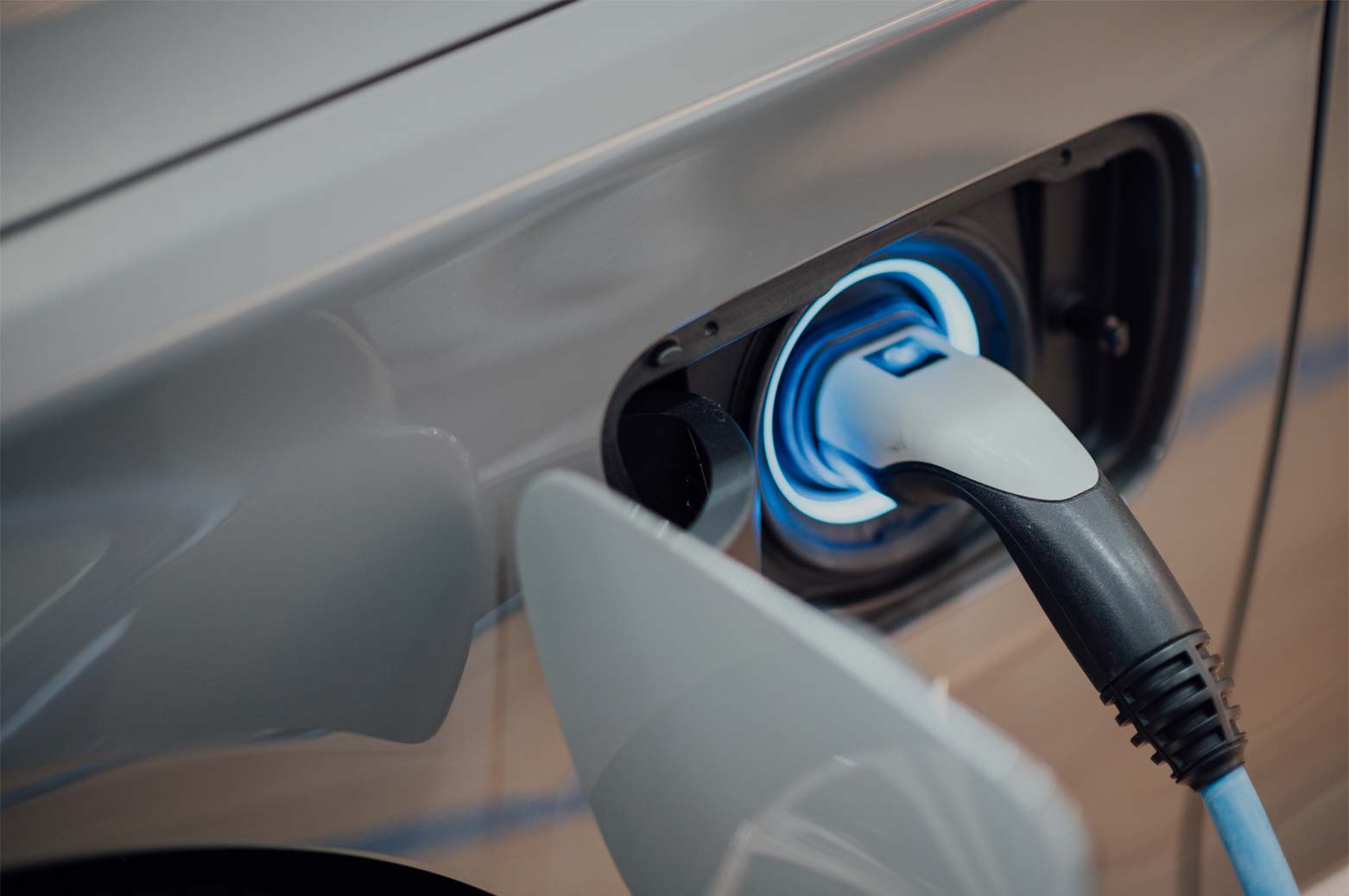Electric cars on the charge!
It’s no secret that the world of petrol and diesel powered cars is coming to an end. And to help speed up the transition, the government have been offering various incentives to encourage limited companies to switch over to electric vehicles.
But with so many different ways of purchasing a vehicle, it can be quite confusing as to what is the best route for you and your company. In this blog we look at the four main ways to finance an electric vehicle acquisition through a limited company:
- Purchase the vehicle outright
- Purchase the vehicle using finance
- Leasing the vehicle
- Purchasing the vehicle through salary sacrifice
As well as how the process works, we also compare the differences and implications of each, looking at factors such as corporation tax, personal tax and benefits in kind.
Scenario 1 – Buying an Electric Vehicle outright
In the first option we’re referring to the simplest form a buying a new vehicle – that is buying it using company reserves (I.e. no credit/finance arrangements are involved).
Corporation Tax
If you purchase an electric vehicle outright via the business, the company will receive corporation tax relief via capital allowances. The tax relief would be obtained at 100% in the year of acquisition (via your corporation tax return).
In addition to the purchase of the vehicle, installation of an electric charging point would qualify for a super-deduction and you would receive 130% tax relief on this. This super-deduction is available until 31 March 2023.
Grants and Incentives
Any grants and incentives for electric vehicles should be applied at point of sale by the supplier.
VAT
You can only recover the VAT on the purchase if the vehicle is used 100% for business use. However, if this could not be recovered, the value of the asset on the balance sheet would be higher and the amount of tax relief (per the first point) would be greater.
Benefits in Kind (BIK)
If the electric vehicle is available for personal use then the individual will be subject to a BIK charge. This would be calculated as the list price of the vehicle multiplied by the HMRC BIK %. The % is based on a number of factors including car range and if the car is fully electric or not. For most fully electric vehicles the charge for the 2022/23 tax year is 2%. However, for electric vehicles it can be as high as 14%.
You can check the BIK % applicable here: https://www.gov.uk/guidance/company-car-benefit-the-appropriate-percentage-480-appendix-2#full-publication-update-history
The amount of personal tax to pay is calculated using your relevant rate (ie your applicable tax band) as a percentage of the BIK charge. The amount due would be reported through your personal tax return.
The company would also suffer class 1A National Insurance on any benefit via form P11d.
Example:
An electric vehicle with a list price of £50,000 (and being fully electric) and CO2 emissions of 0g/km would result in a BIK charge of £1,000 (£50,000 x 2%). If your relevant rate of tax is 40%, you would therefore owe £400 in personal tax for the 2022/2023 tax year.
Scenario 2 – Buying an Electric Vehicle using Hire Purchase
This scenario is largely similar to the first one, but there is one additional factor to be aware of.
If you purchase an electric vehicle using a hire purchase arrangement, the company will still receive corporation tax relief via capital allowances at 100% in the year of acquisition (via your corporation tax return). However, the company will also receive corporation tax savings on the interest from the monthly repayments.
Scenario 3 – Leasing an Electric Vehicle
Leasing an electric vehicle through a company is very different. The monthly lease payments would simply be shown in the profit & loss account and save the company corporation tax as it would lower the company profits.
Scenario 4 – Buying an Electric Vehicle through Salary Sacrifice
In this final scenario the savings and benefits are largely aimed at the individual.
Salary sacrifice works by reducing the individuals gross salary inline with the annual vehicle repayments. Whilst this means their take home pay is reduced, due to the fact they will pay less tax, the net position is better than if on their original salary and paying for the car out of their take home pay.
Example:
Employee looking at an Electric Vehicle which has monthly repayments of £500 (£6,000 per year).
Employee is originally on a salary of £36,000. After tax and other deductions they take home £2,350 per month. If they paid for the vehicle out of their take home pay they would be left with £1,850.
If salary sacrifice was utilised, the individual would reduce their salary to £30,000. Their take home pay would reduce to £2,017 per month.
The net result is that the individual would be £167 per month better off using the salary sacrifice method compared to paying for the vehicle out of their take home pay (£2,017 vs £1,850).
There is one other factor you need to consider…
Benefits In Kind
As with Scenario 1, purchasing an electric vehicle through salary sacrifice would be treated as a Benefit In Kind. The individual would therefore be required to pay tax through their personal tax return.





